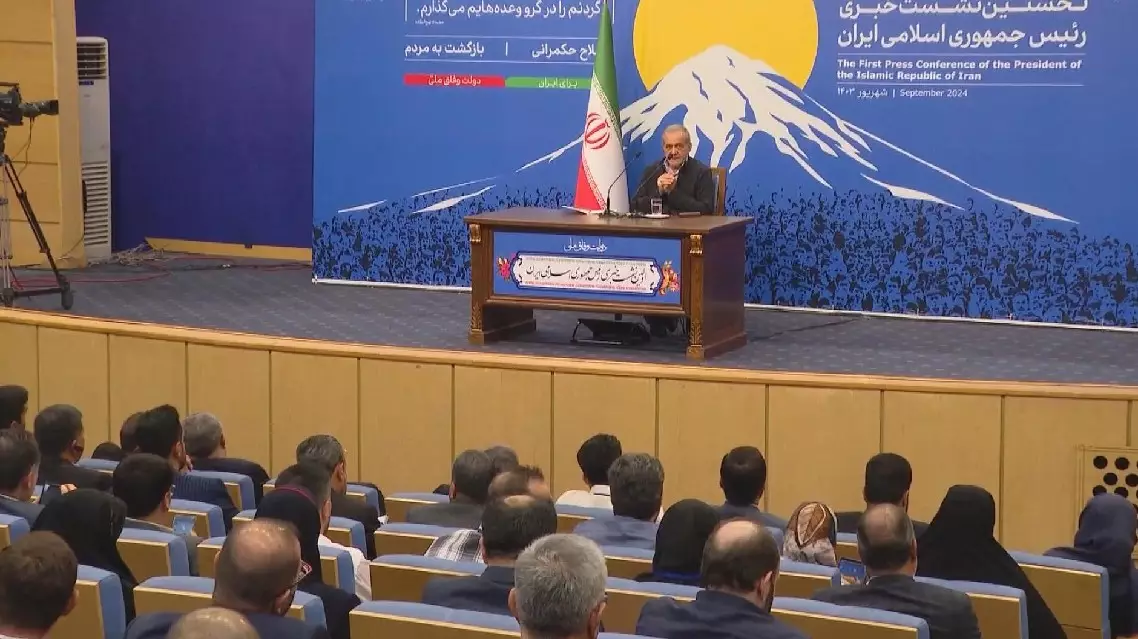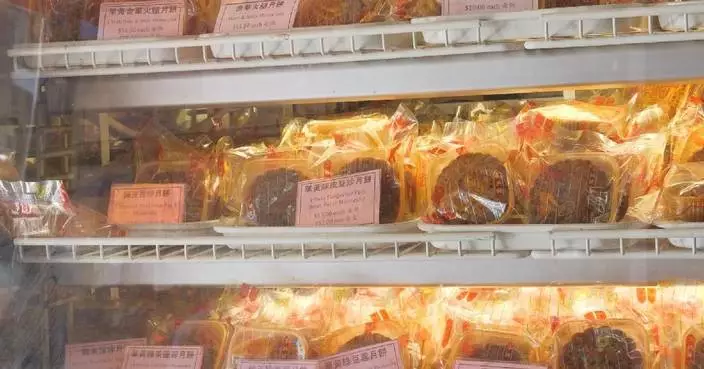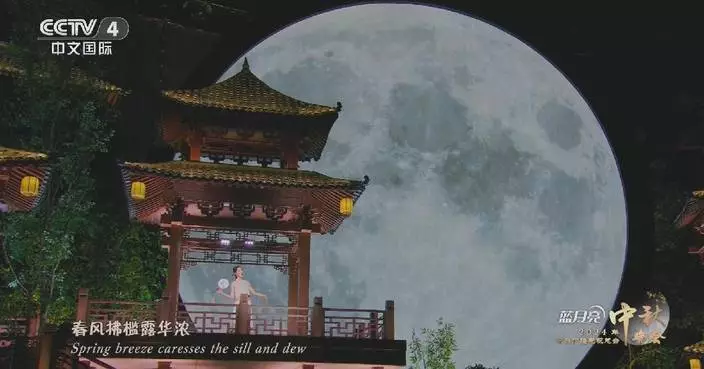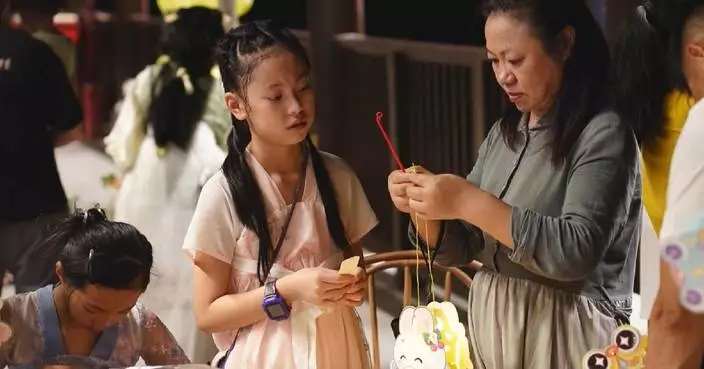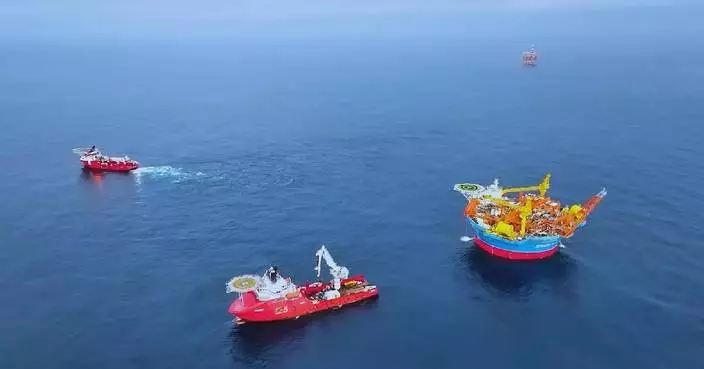China's food security has been bolstered by significant advancements and technological innovations in agriculture, as detailed in a recent report by the National Bureau of Statistics highlighting the economic and social development achievements over the past 75 years since the founding of the People's Republic of China (PRC) in 1949.
The report, released on Tuesday, says that China's comprehensive grain production capacity has seen a continuous and substantial increase since its founding.
In the early years, China's grain production was just over 100 billion kilograms. Following the reform and opening up policies in 1978, the implementation of the household responsibility system marked a significant leap in grain production.
Since 2012, China's strategic focus on ensuring grain security through land and technological improvements has led to a steady enhancement of the country's comprehensive grain production capacity.
In 2015, the national grain production surpassed 650 billion kilograms, and it has remained consistently above this level for nine consecutive years. In 2023, that number almost reached 700 billion kilograms, marking an over five-fold increase since 1949. And the per capita grain output stood at 493 kilograms, surpassing the global average for years and also exceeding the internationally recognized grain security threshold of 400 kilograms.
Meanwhile, China's grain production has evolved from a quantity-driven, extensive approach to one that values both quality and efficiency.
In 2023, the national overall agricultural product quality safety monitoring qualification rate reached 97.8 percent, and the coverage rate of high-quality crop varieties surpassed 96 percent.
By 2023, the total count of green, organic and geographically-indicated agricultural products in the country had reached 75,000. A comprehensive growing, production and circulation system has been progressively established, spanning from raw grain to finished products, from production to sales, and from fields to dining tables.
The agricultural foundation has also been continuously strengthened with related science and technology innovation undergoing great changes.
China initially prioritized agricultural infrastructure development, particularly in water conservancy, to enhance disaster prevention and mitigation capabilities. As agricultural scientific and technological innovation capabilities have notably increased, the production efficiency also saw a substantial rise.
Since 2012, the country has persistently advanced the construction of high-standard farmland, integrating the development and transformation of irrigation water sources and irrigation areas.
By the end of 2023, over 66 million hectares of high-standard farmland had been developed nationwide. In 2023, the irrigated area of arable land in the country reached about 72 million hectares, which is 2.6 times that of 1952, with more than 7,300 large and medium-sized irrigation areas constructed, playing a crucial role in ensuring national food security.
Agricultural equipment and mechanization levels have undergone leapfrog development since the nation's founding.
In 1952, the total power of agricultural machinery was a mere 184,000 kilowatts, with less than 2,000 tractors and only 284 combine harvesters. By 2022, the total power of agricultural machinery had soared to 1.11 billion kilowatts, with the number of tractors reaching over 21 million and combine harvesters totaling more than 1.7 million.
Currently, the comprehensive mechanization rate for crop cultivation, planting, and harvesting exceeds 73 percent, with wheat production largely achieving full mechanization, and the mechanization rates for corn and rice cultivation, planting, and harvesting surpassing 80 percent. Agricultural production has transitioned from reliance on manual and animal labor to a predominant reliance on mechanical power.
The agricultural scientific and technological innovation system in China has become increasingly robust since 2012. In 2023, the national agricultural science and technology progress contribution rate (share of agricultural scientific and technological progress to the growth rate of total agricultural output value) was 63.2 percent, an 8.7 percentage point increase from 2012, placing the overall level of China's agricultural science and technology among the world's leading ranks.
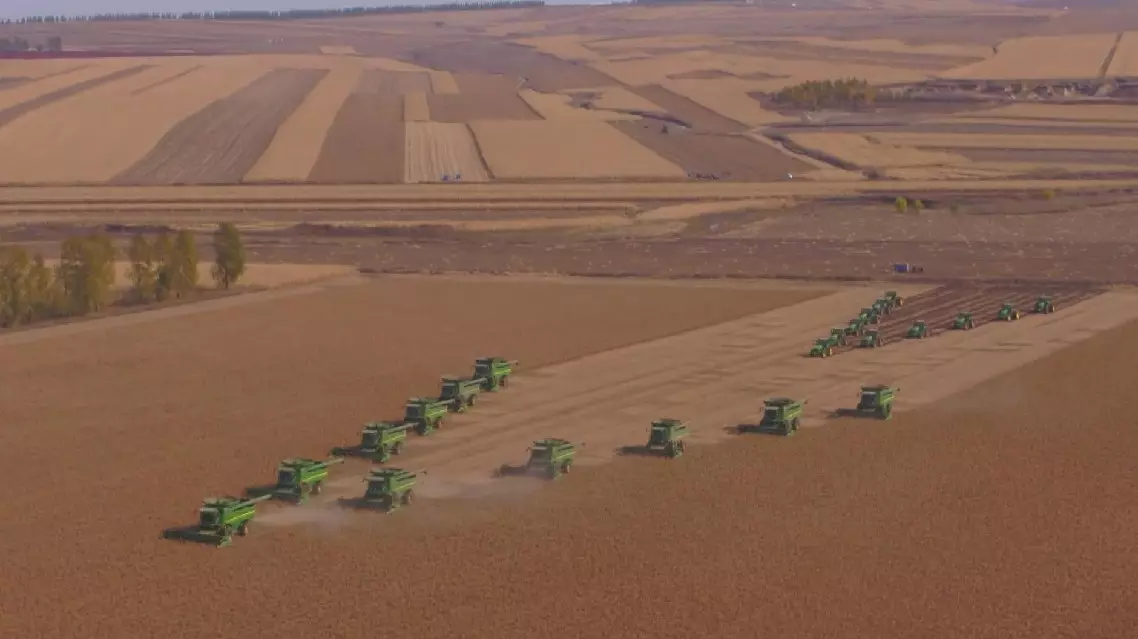
China's food security ensured by agricultural advancements, technological innovations
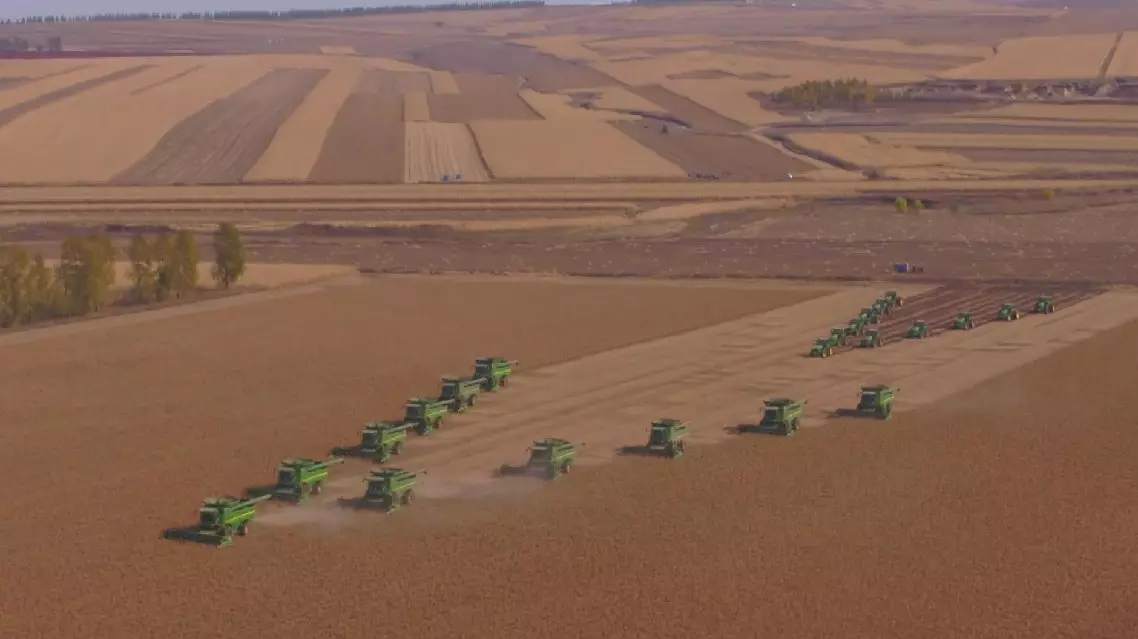
China's food security ensured by agricultural advancements, technological innovations


